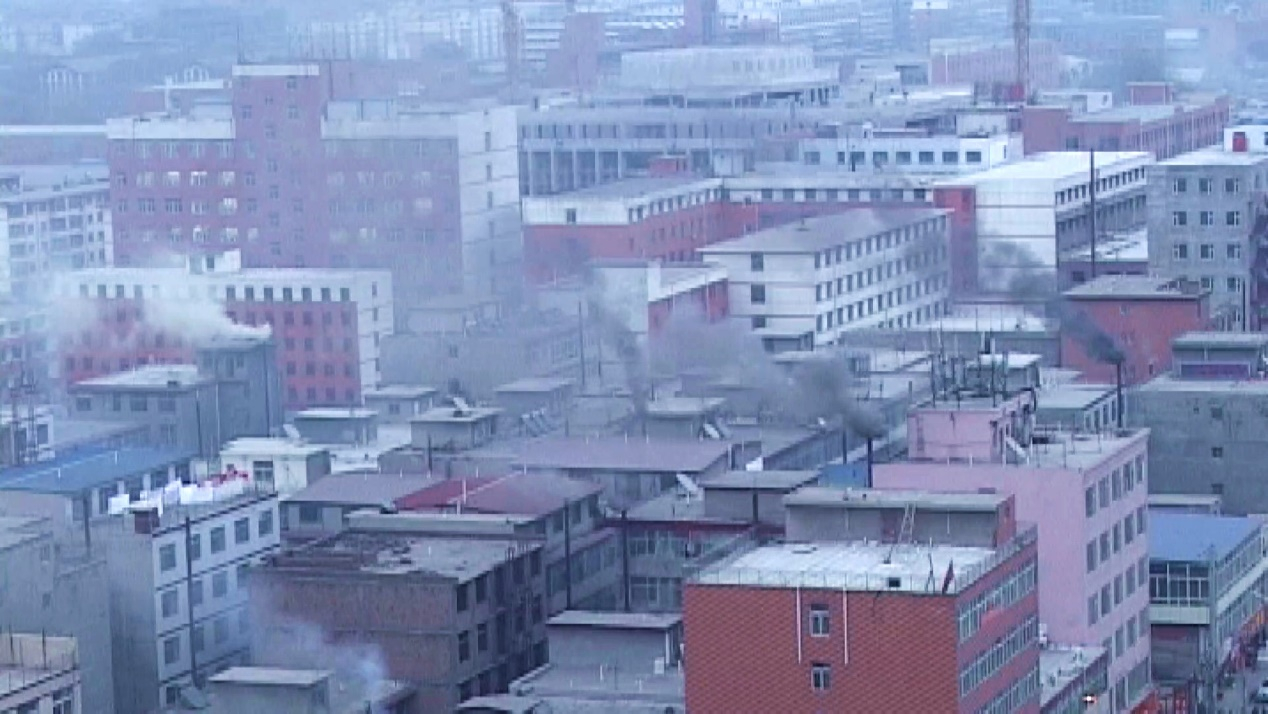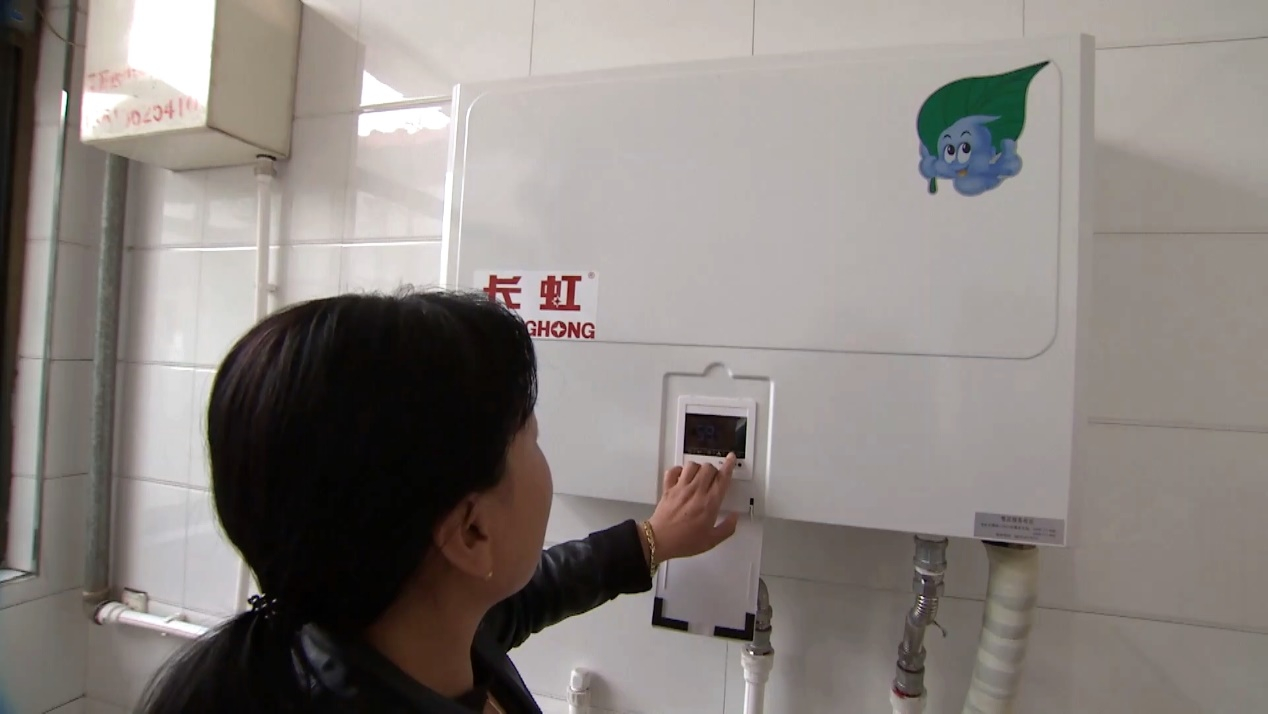02:09

Winter in northern China used to mean smoggy skies and smoky homes due to the widespread burning of coal for energy. But fossil fuels have become yesterday's news thanks to clean-energy, which is now found even in the most rural areas.
Jinyangpu village is located in suburban Taiyuan, capital of north China's Shanxi Province. All households in this village now use electrical heating. Many residents say the facilities are clean, convenient and easy to use.
"In the past, burning coal was quite dirty and you had to watch it all the time in case of any danger. Now we use electricity. It's much cleaner and offers stable temperatures," said resident Zhang Jiajing.

This is how Taiyuan looked like when many households burn coal in winter, about a decade ago. /CGTN Photo
This is how Taiyuan looked like when many households burn coal in winter, about a decade ago. /CGTN Photo
Their average indoor temperature is around 20 degrees Celsius (about 68 Fahrenheit) and the heating season now costs a family 1,500 to 1,800 yuan (about 213 to 256 U.S. dollars), only one third of what they paid to burn coal in the past.
Some areas in the village which used to have tonnes of coal piled up now instead have recreational areas and parking lots. The village looks nicer and neater.
Taiyuan is among many northern Chinese cities with bans on coal usage to improve air quality.

A resident setting up the electrical heating machine at her home in Taiyuan, north China's Shanxi Province. /CGTN Photo
A resident setting up the electrical heating machine at her home in Taiyuan, north China's Shanxi Province. /CGTN Photo
Thousands of coal boilers have been torn down. Now all the urban areas use gas-fueled communal heating systems. While most rural households use gas or electricity, the rest are required to use only clean coal distributed by the government.
The city now has better air quality and more blue skies are seen in winter. "The concentration of sulfur dioxide in the air declined from 68 micrograms per cubic meter in 2016 to 29 last year, a drop of over 60 percent. And the number has continued to decline by 16 percent this year. Now it's 21 micrograms per cubic meter," said Song Li, director of the District Department of Taiyuan Environmental Protection Bureau.
Local officials say as air quality improves, they will continue to promote clean energy in more rural areas of the city. By the end of this year, over 80 percent of the city's rural areas will be installed with clean energy facilities.